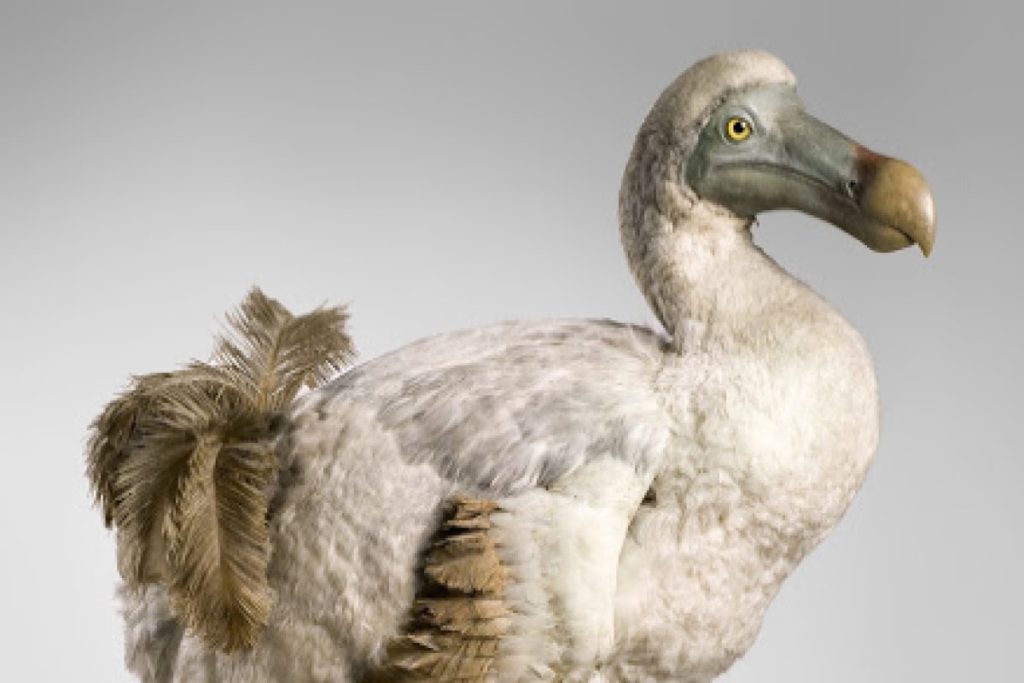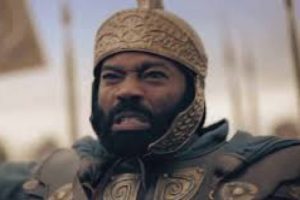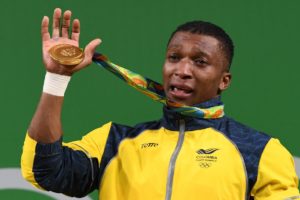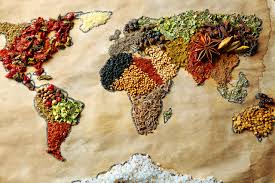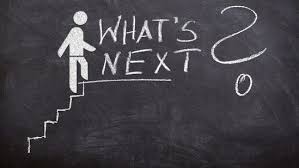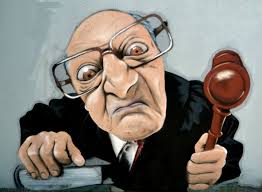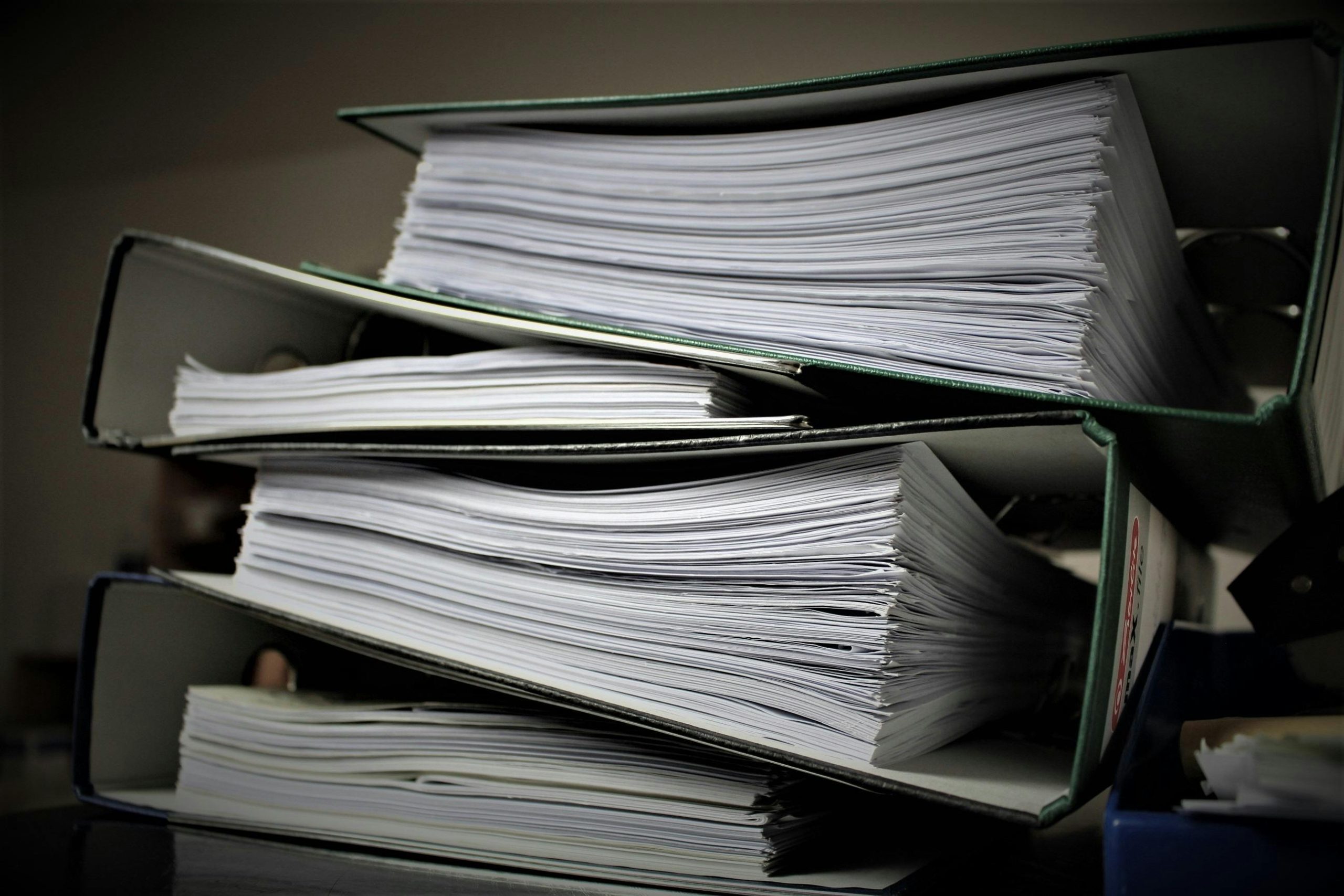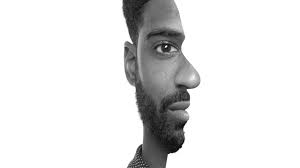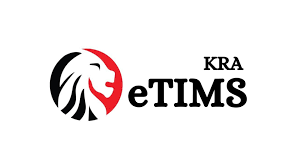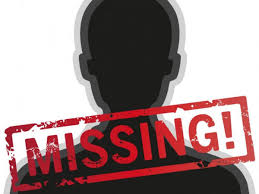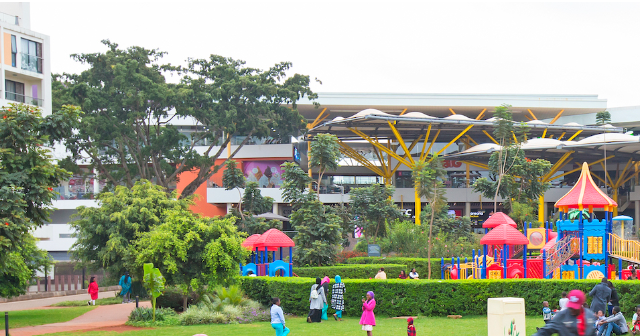The year 1662 is largely agreeable as the period that the last Mauritius Island bird Raphus cucullatus popularly known as the dodo was seen alive. The dodo is endemic to Mauritius and had not until 1598 experienced contact with the outside world; years of isolation had not prepared it for erratic and deeply unnerving behaviour of human beings and their monkey and dog pets.
Not a lot is known about the dodo except that adults towered one-metre-high, weighting roughly ten kilos, flightless, a member of the pigeon family, laying one egg at a time, built its nest on the ground was portly and the meat was bland. We also know that it was a naively trusting bird, its said that if you wanted to enumerate the birds in a vicinity, all you had to do was catch one member and let it squawk and the rest would keenly show up to check out the scene. This bird, basically made a good lazy game for bored Dutch settlers and their pets getting hunted to extinction in under seventy years of its contact with human beings; thus the famous idiom “dead as a dodo” sometimes credited to British Biologist Richard Owen.
What happened to the dodo is a classic example of disruption. Disruption is boldly defined as problems which interrupt an event, activity, or process, it is ubiquitous and with high momentum. Next, we examine two issues that prevent business owners from adequately planning for future risks leaving them vulnerable to new disruptive business models sometimes with disastrous results.
First, we look at negative confirmation bias. Have you heard business owners saying “I know my customers; they cannot move?” No one has yet to explain this concept better than leading erudite Nassim Taleb who writes “History is useful for the thrill of knowing the past. History is certainly not a place to theorize or derive general knowledge, nor is it meant to help in the future, without some caution.” Simply put, it is that we should develop the skill to filter negative confirmation from history. Taleb expands this by use of an illustration; the turkey and the farmer. From the day it hatches, the farmer is the primary care giver to the turkey, and every day that the turkey lives, it confirms that the farmer is indeed a kind man and its confidence in the farmer grows by the day. Its highest level of confidence, is just before thanks giving dinner and then the farmer butchers the turkey! The turkey realises that its confidence model in the farmer has been wrong all along, but it’s too late. You may be moving from strength to strength in your career or business, stay wake, what hidden risks are you carrying?
Secondly, we look at the status quo bias. This is the preference for life to stay relatively unchanged however, the reality is that markets change, tastes change, so the companies and the individuals who choose to compete in those markets must change. The dodo preferred not to change even in awareness that new creatures had intruded its habitat – dogs, monkeys, human beings and their destructive behaviours. Businesses and individuals need to look beyond the world as they know it, observe how things are changing on the outside, and transform practises, models and systems on the inside. Those organizations that are unwilling or slow to embrace change have their days numbered.
The dodo had a closed mind-set; its naivety led to its extinction. The turkey had a confirmation bias; it became a meal! Will you change your practises today and avoid becoming irrelevant in the face of disruption?
